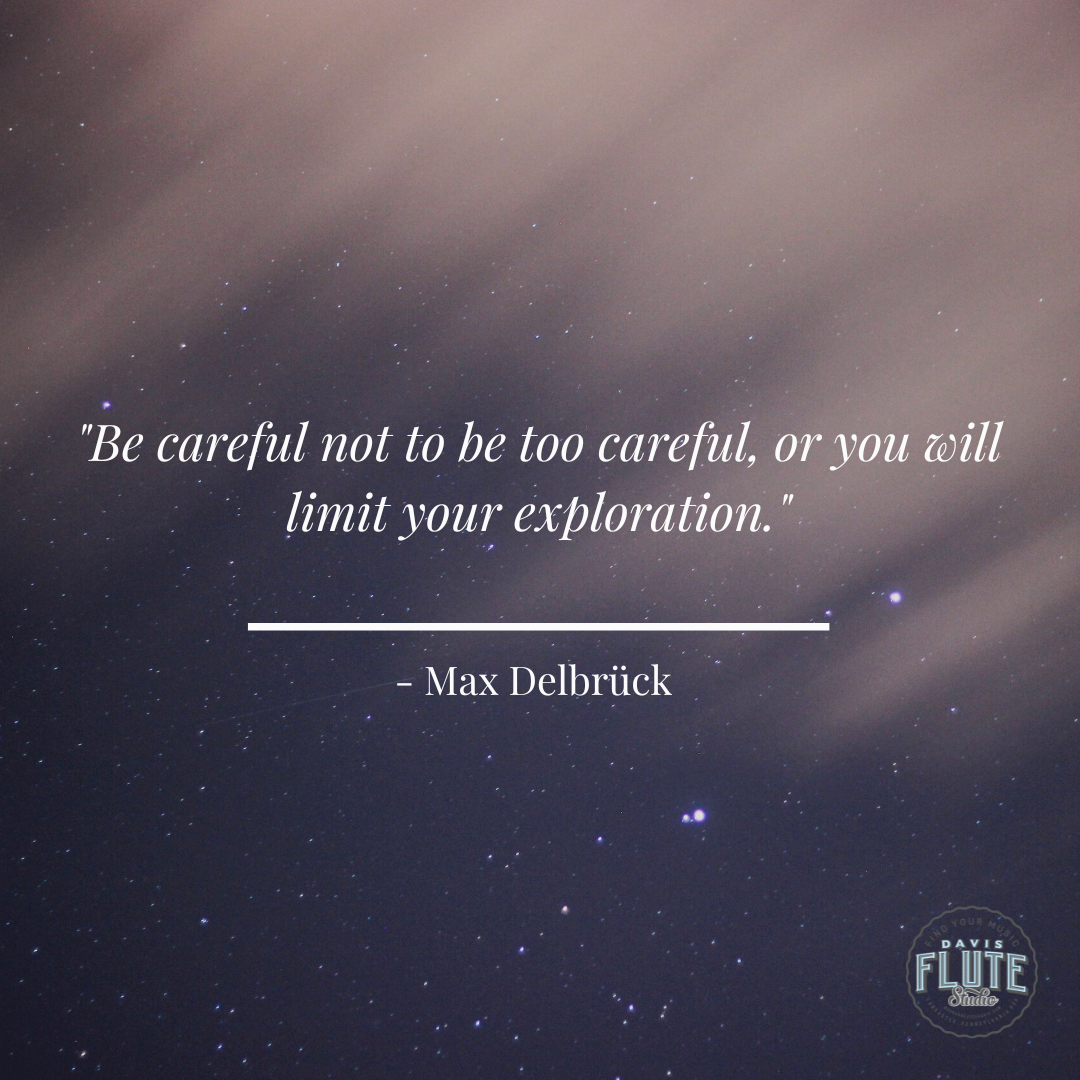Welcome to The B-List.
Part story, part toolbox: ideas on finding success and personal fulfillment in music.
What is the B-List?
Search blogs here by topic or keywords:
Do what you need to do
The key points if you want to keep your brain in check when you’re working on something really difficult. You’ll never know your true potential if you’re not fully present for the task at hand.
The Art Spirit
There is a tremendous amount to be learned from musicians, but as creatives we would do well to remember that any discipline can teach us the way toward trusting and growing our artistic instincts and coming closer to a true expression of what is in our minds and hearts.
Solving as an Antidote
Where our instinct is to be avoidant, the answer is not blind repetition or hope but detail. We find the detail through the process of solving as opposed to doing. Doing feeds the sense that something can still go wrong, that judgements will still be made by the audience we’re imagining. Solving, however, trains us in repeatable thoughts and actions - neural pathways we can strengthen and trust that are independent of how we feel.
Observation
What are you observing when you practice?
Understanding our skills of observation can be the key to unlocking confidence and musicianship.
The Clarity of Routine
Routine may be an external resource, but it has everything to do with how we build skills, whether we’re trying to establish a practice routine for our instrument, a habit of mindfulness, or a physical practice of exercise or stretching.
The Clarity of Movement
Developing movement practices that genuinely help overhaul our mental clarity doesn’t require an elaborate routine, and often is more sustainable in small doses easily applied throughout each day. Through the implementation of small, helpful habits and observation we can connect the body and mind and create the calm and clarity we desire in our lives both on stage and off.
Energy Efficient Practicing
The way being busy makes us feel and what we need to do to cope with high-demand periods of work will change as we get older and more experienced. Intentional planning can create success and prevent burnout.
Warm Up Pillar: The Body
Building a base level awareness of what’s happening in our bodies is the first step toward finding neutral and creating efficiency.
Warm Up Pillar: Mindfulness
Mindfulness and mindfulness meditation are huge, broad topics. So how can we take these far-reaching concepts and pare them down to fit our specific needs as musicians, while still respecting these disciplines and what they have to teach us?
Exploratory Mindset
Taking a step back and challenging your view, looking at things from a new angle, checking your intentions, and encouraging yourself not to cling are just as valuable as fixing the problem. They create lightness and space around whatever it is we are dealing with, and that’s helpful for all of us.
Flip The Script
The next time you feel motivated to critique your past behaviors, consider also what you did right. Could you list both things and see them as just that…a list? Objective data on the situation that might come in handy later is a lot easier to work with in the future than a late night binge of self judgement.
Lessons in Trust and Preparation
How to prepare musically and mentally for big performances.
Constraints Create Freedom
Our culture pushes make-your-own schedules, self-employment, and autonomy as the ultimate freedoms, but we’re missing the mark thinking that everything should be unbound. Healthy structures help us achieve our goals and enjoy the time we spend in work and activities.
Using Our Ears
Being a musician who plays with good intonation looks a lot like being a human who plays well with others - both require us to learn to trust ourself and our ears fully but not blindly.
About Being
Much like practicing our instruments, practicing mindfulness can seem slow to progress and sometimes tedious, but the growth is always available to you if you are willing to stick with the practice.
Self Criticism: The Easy Way Out?
Have a clear intention for your actions and keep looking close to avoid getting caught up in generalities.
Mind-Body Connections: The Third Eye Chakra
At first it can feel like a far stretch to combine the chakras with an aspect of musical performance like tonal resonance. As we grow our understanding that the body and mind are always intertwined, we close the gap between thinking of them as two separate entities and open up new resources for ourself as musicians.
Small Joys
Prioritizing these small pockets of joy works because it is when we allow our brain to take a break that it really gets to work. As we rest and relax the brain codifies information, correlates the things we have learned, and rejuvenates itself.
How Are You Making It Difficult?
It’s not bad to feel nervous or concerned - what matters is my ability to flip the focus around to the right things. To allow the emotions to come up and pass away because they are just emotions - not facts.




















